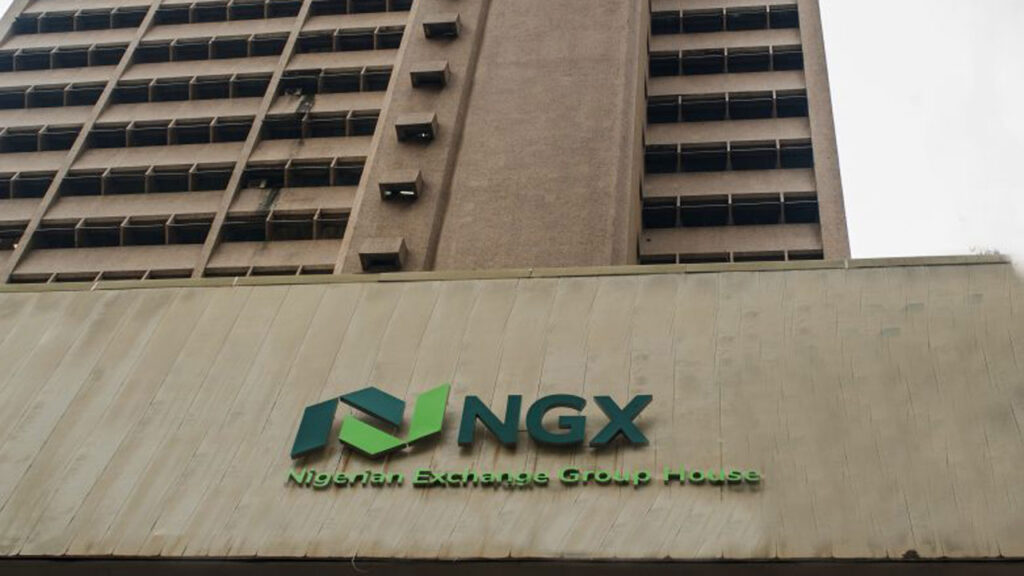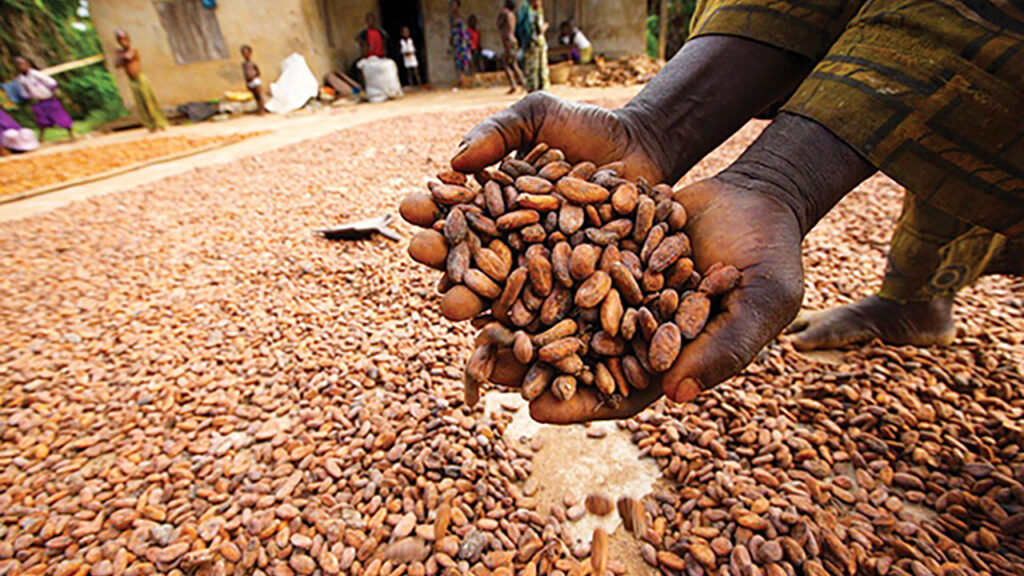 The Distillers and Blenders Association of Nigeria (DIBAN) has warned that the industry is at risk of collapsing while investments worth over N1.2 trillion will be lost affecting millions of direct and indirect jobs if the ban on the production and sale of sachet and PET bottle alcohol by the National Agency for Food and Drug Administration and Control (NAFDAC) is allowed to stand.
The Distillers and Blenders Association of Nigeria (DIBAN) has warned that the industry is at risk of collapsing while investments worth over N1.2 trillion will be lost affecting millions of direct and indirect jobs if the ban on the production and sale of sachet and PET bottle alcohol by the National Agency for Food and Drug Administration and Control (NAFDAC) is allowed to stand.
These were contained in an open letter addressed to President Bola Tinubu by the association, a sub-sector under the Manufacturers Association of Nigeria (MAN). The association is worried that current economic hardship does not give room for such losses even as it pointed out that purchasing power is so low that many Nigerians cannot afford the alternatives.
The ban, implemented on January 31, 2024, cited concerns about the packaging of alcoholic beverages in sachets and PET bottles contributing to increased alcohol use among underage individuals and linking it to the use of hard drugs. However, DIBAN refuted these claims, stating that there is no legal or moral justification for an outright ban.
The association argued that alcoholic beverages in sachets and PET bottles are not produced with hard drugs, and there is no evidence from NDLEA supporting these allegations.
DIBAN, which comprises over 24 corporate organisations involved in the production and manufacturing of wines and spirits, emphasised its contributions to the economy, despite the hardship manufacturers have been facing in the last few years. The association urged President Tinubu to issue a directive or Executive Order lifting the ban and proposed alternative measures to tackle the problem.
DIBAN suggested increased monitoring and compliance checks by regulatory agencies to ensure product quality rather than an outright ban.
If the ban remains, DIBAN warned of severe economic repercussions, including the loss of investments, jobs, and substantial revenue streams for both the federal and state governments and urged a reconsideration to prevent such adverse effects on the economy. The ban, implemented on February 1, 2024, has faced opposition, with MAN disputing the claim that its members supported the decision.













